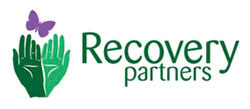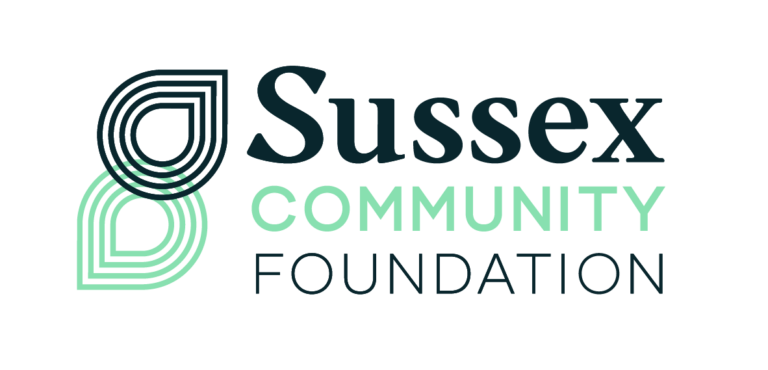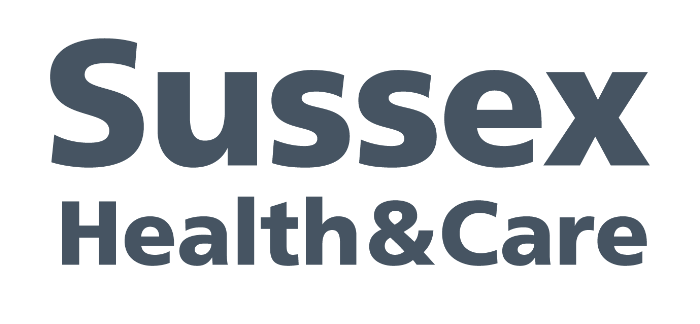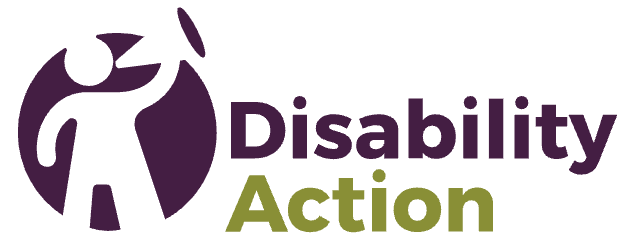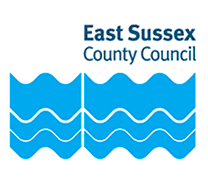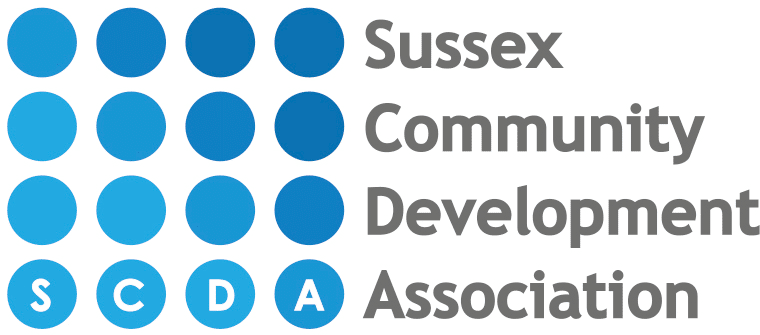We’ve transformed our journeys into sources of strength, becoming Peer Support Specialists. Our approach isn’t clinical – it’s personal. We believe in the power of shared experiences, lending an empathetic hand to those on similar paths.
Our approach is built on the principles of authentic connection, empathy, and shared understanding. As Peer Support Specialists, we bring a unique blend of personal experience and professional training to create a safe and empowering environment for mental health recovery. Here are the methods that define our approach:
Peer-led peer support
Peer-led peer support involves individuals who have successfully navigated their own challenges and have been trained to offer empathetic and nonjudgmental assistance to others facing similar difficulties. This support is based on the premise that those who have experienced a particular challenge are uniquely positioned to provide relevant insights, understanding, and encouragement to individuals currently dealing with the same or similar challenges.
This approach fosters a sense of connection, validation, and empowerment for individuals seeking support. Peer-led peer support is characterized by active listening, shared understanding, and the exchange of practical strategies for coping and recovery. It complements professional mental health services and offers a more relatable and personal form of assistance, often reducing feelings of isolation and stigma that individuals might experience.
Overall, peer-led peer support creates a safe and nurturing environment where individuals can share their stories, concerns, and triumphs with those who have walked a similar path, leading to a sense of community, hope, and resilience.
A collaboration between statutory and voluntary sector organisations across Sussex has facilitated the production of a peer led and produced the Principles of Peer Support Charter.
Co-production
Co-production, in the context of social services, healthcare, and various fields, refers to a collaborative approach in which service providers, professionals, and recipients (such as patients, clients, or service users) work together as equal partners to design, develop, and deliver services, programs, or solutions. This approach aims to harness the expertise, insights, and experiences of all stakeholders to create more effective, relevant, and user-centered outcomes.
Key elements of co-production
- Equal Partnership: Co-production involves recognizing and valuing the expertise and contributions of all parties involved. It shifts the dynamic from a top-down approach to one where professionals and service recipients work side by side, respecting each other’s knowledge.
- Shared Decision-Making: Decisions about the design, delivery, and evaluation of services are made collaboratively, with input from both service providers and recipients. This helps ensure that services meet the real needs and preferences of those they are meant to benefit.
- Mutual Learning: Co-production fosters mutual learning between professionals and service users. Professionals gain insights from lived experiences, while service users may learn about the complexities of service provision and decision-making.
- User-Centered Design: By involving service users in the design process, co-production ensures that services are tailored to their needs, preferences, and goals, leading to more relevant and effective interventions.
- Empowerment: Co-production empowers service users by giving them a voice in shaping the services that impact their lives. This can lead to increased feelings of ownership, confidence, and self-determination.
- Holistic Perspective: Co-production recognizes that individuals’ needs and challenges are multi-faceted. By involving service users, a more holistic and comprehensive understanding of their circumstances can be achieved.
- Flexibility and Adaptability: Co-production allows for flexibility and adaptability in service delivery, as service users can provide real-time feedback and suggestions for improvement.
- Improved Outcomes: The collaborative nature of co-production often leads to improved outcomes, as the services are more likely to address the real issues faced by service users and align with their goals.
- Reduced Stigma: In some cases, co-production can help reduce stigma associated with receiving services, as service users are involved in the process and treated as equal partners rather than passive recipients.
Co-production goes beyond simply seeking input; it’s about creating a true partnership where diverse perspectives and expertise are integrated to create better, more inclusive, and more effective services or solutions. This approach can be applied to various sectors, including healthcare, social services, education, and community development.
Community-Centered Ecosystem for Mental Health
In our pursuit of promoting mental health and well-being, we embrace a “Community-Centered Ecosystem” approach. This approach is rooted in the belief that mental health is not isolated but intertwined with various aspects of an individual’s life and environment. By nurturing a collaborative and interconnected system, we strive to create a supportive and empowering environment for all.
In embracing the “Community-Centered Ecosystem” approach, we aspire to create a tapestry of support that strengthens individuals, communities, and society as a whole. Together, we can transform mental health support into a dynamic and interconnected network of care and well-being.
